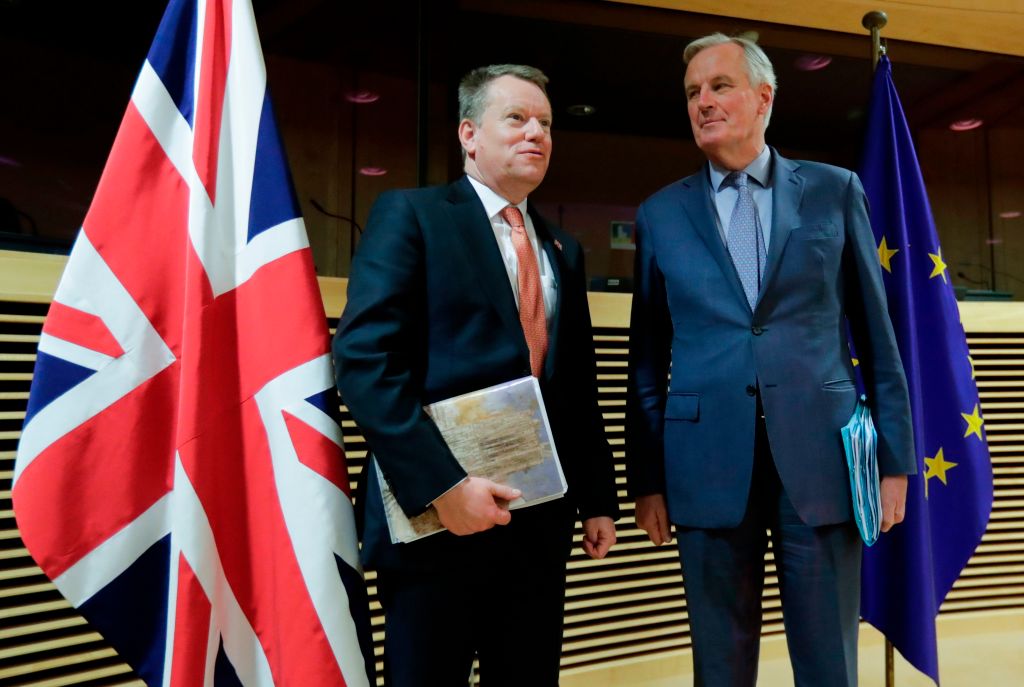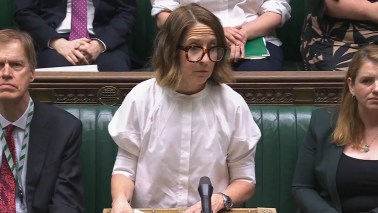David Frost briefed the Cabinet yesterday on the state of the Brexit negotiations and he has now issued a very downbeat statement. Boris Johnson’s chief Brexit negotiator says that the third round of negotiations ‘made very little progress’.
The problem is that (as always in these talks) the UK and the EU have very different interpretations of what is reasonable. The UK thinks that because it ‘just’ wants a free trade agreement it shouldn’t be expected to follow EU rules in a host of areas and should be offered a deal similar to what Canada, South Korea or Japan have. The UK has even accepted that this deal might see some tariffs imposed. The EU, meanwhile, argues that the UK is too big, too close and too interlinked with the EU economy to be offered a Canada-style deal and instead wants a level-playing field based on EU principles and thinking.
It is the fact that the differences between the two sides are so high-level, philosophical even, that explains why the UK is so uninterested in an extension. The view in Downing Street is that these disagreements won’t be resolved by more time and that only the pressure of a deadline can force an agreement.
The two sides have to decide next month whether to move the negotiations on or accept that the two sides are going to end up trading on World Trade Organisation terms. So, time is running short. Another issue is that this is a negotiation where all the member states have interests that make an equivalent of Boris Johnson and Leo Varadkar’s Thornton Manor meeting last October, where the differences between the two sides over the backstop were largely resolved in a one-on-one conversation between the two leaders, much more difficult.







Comments